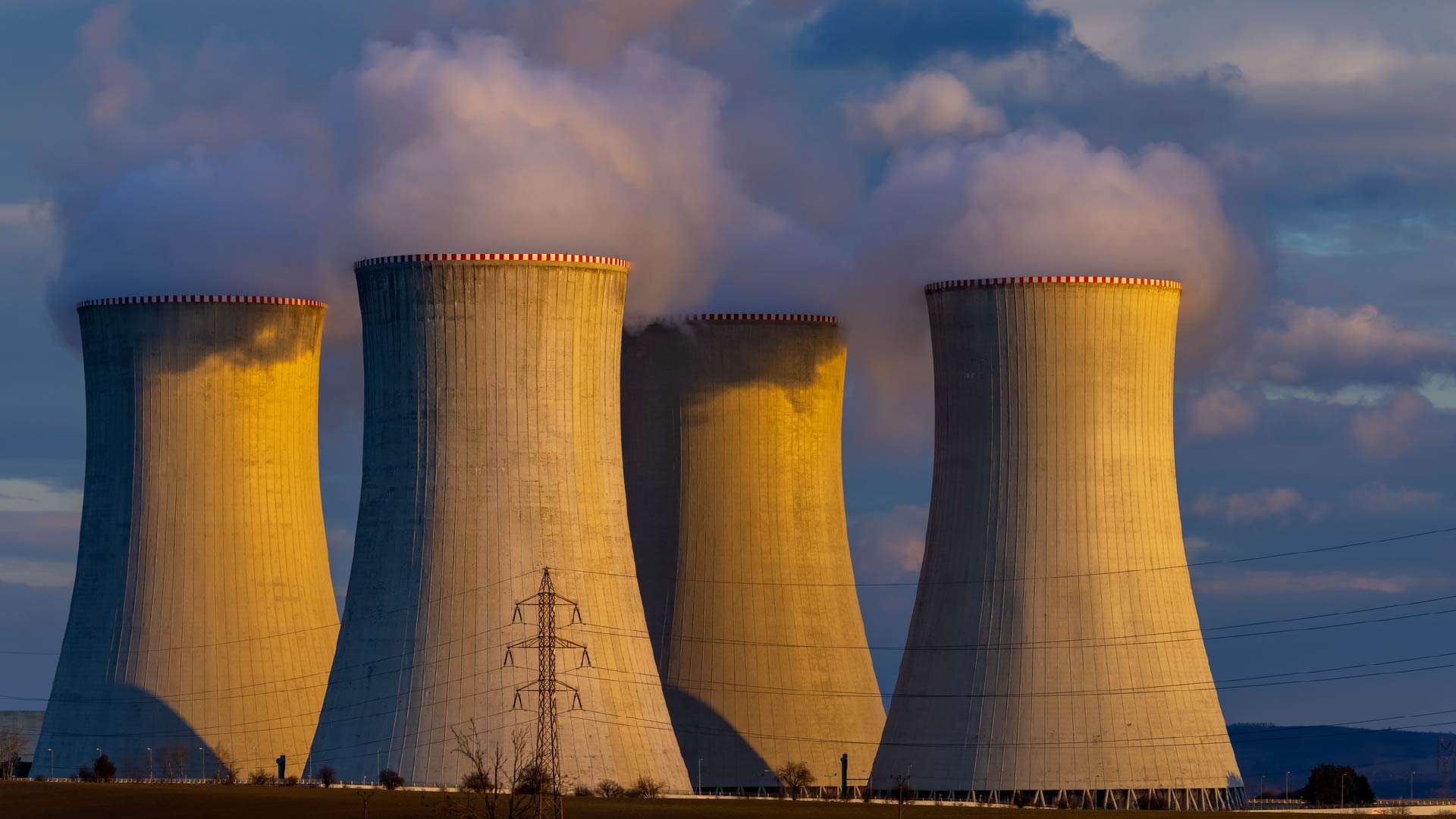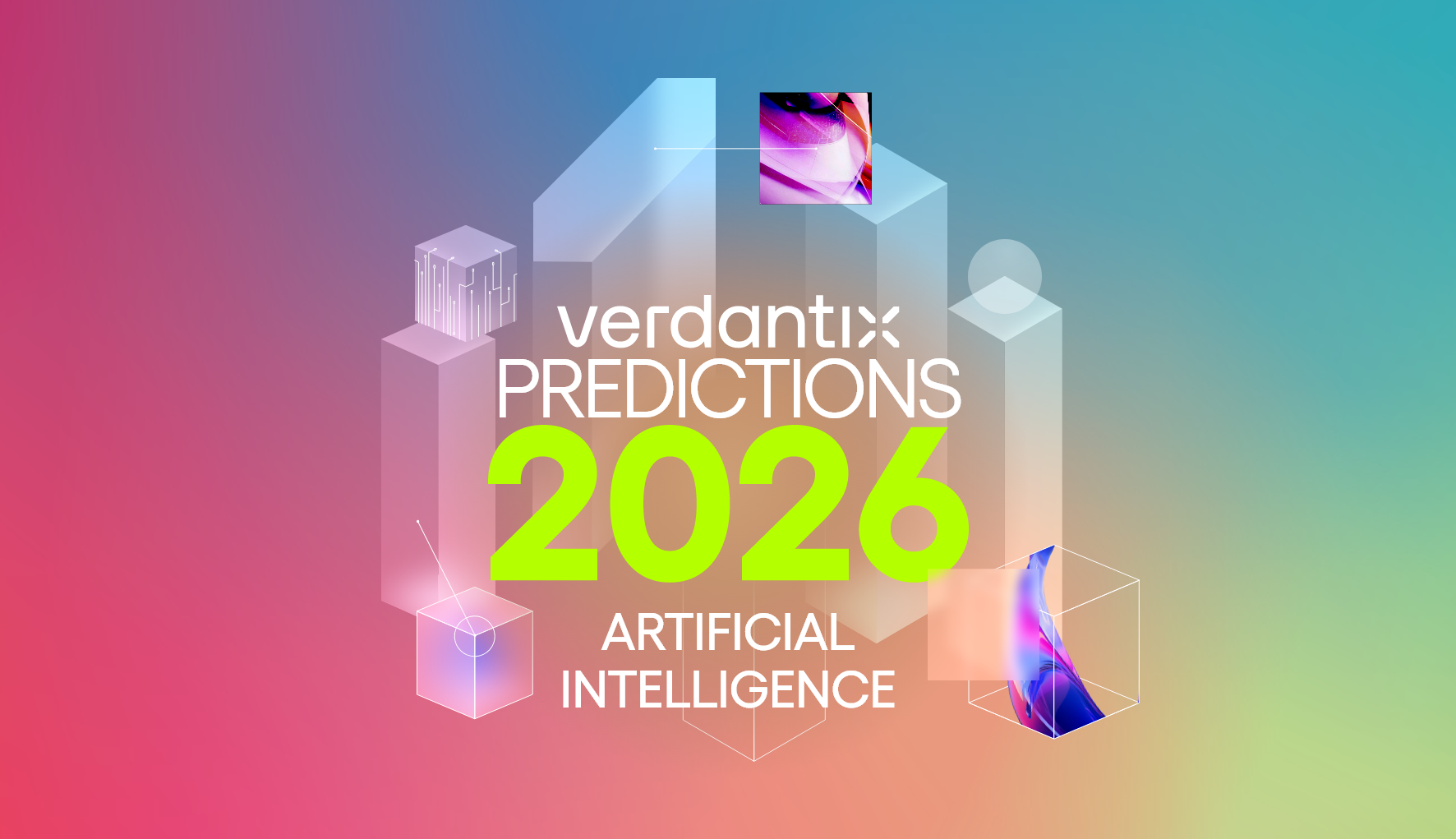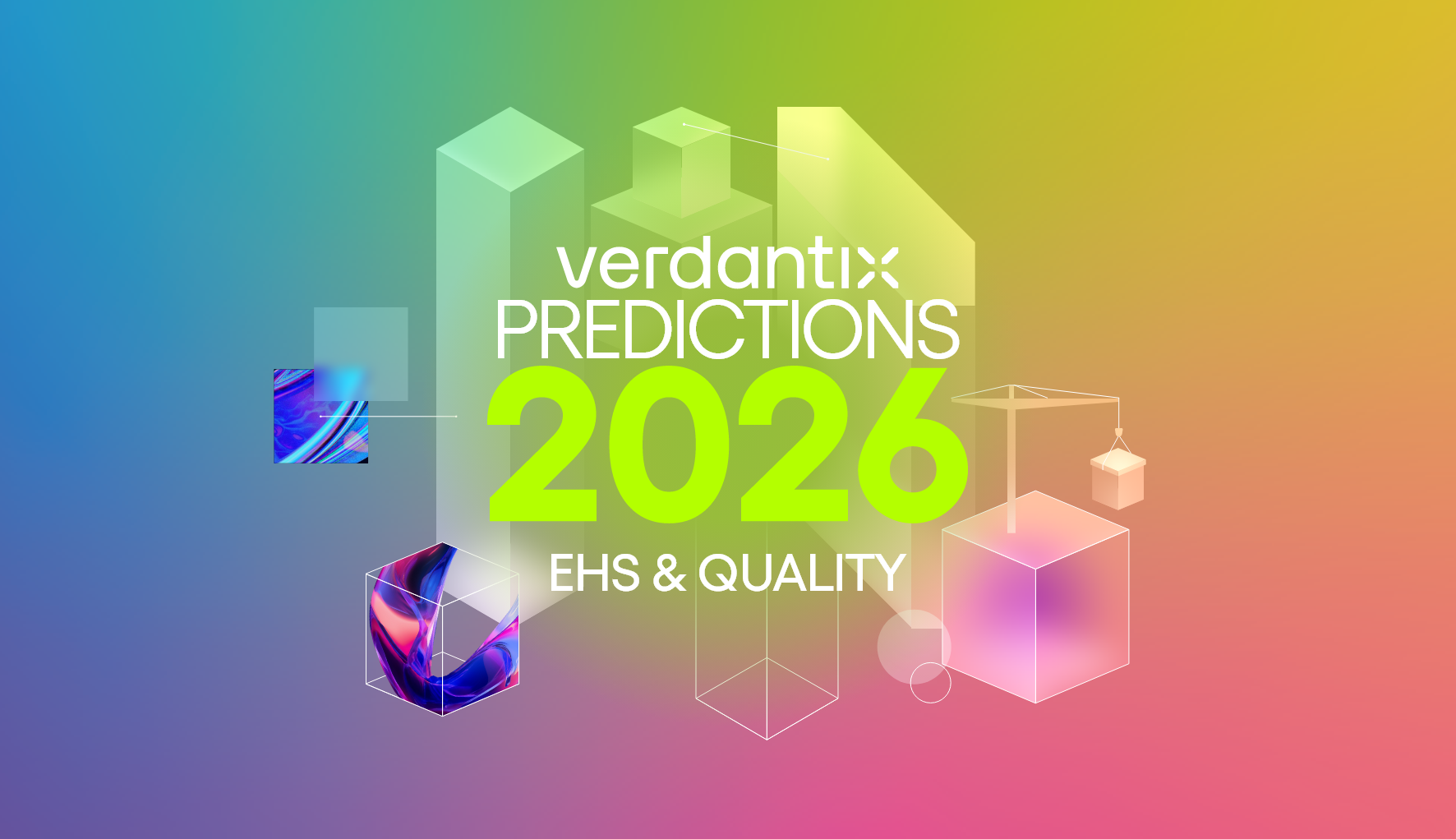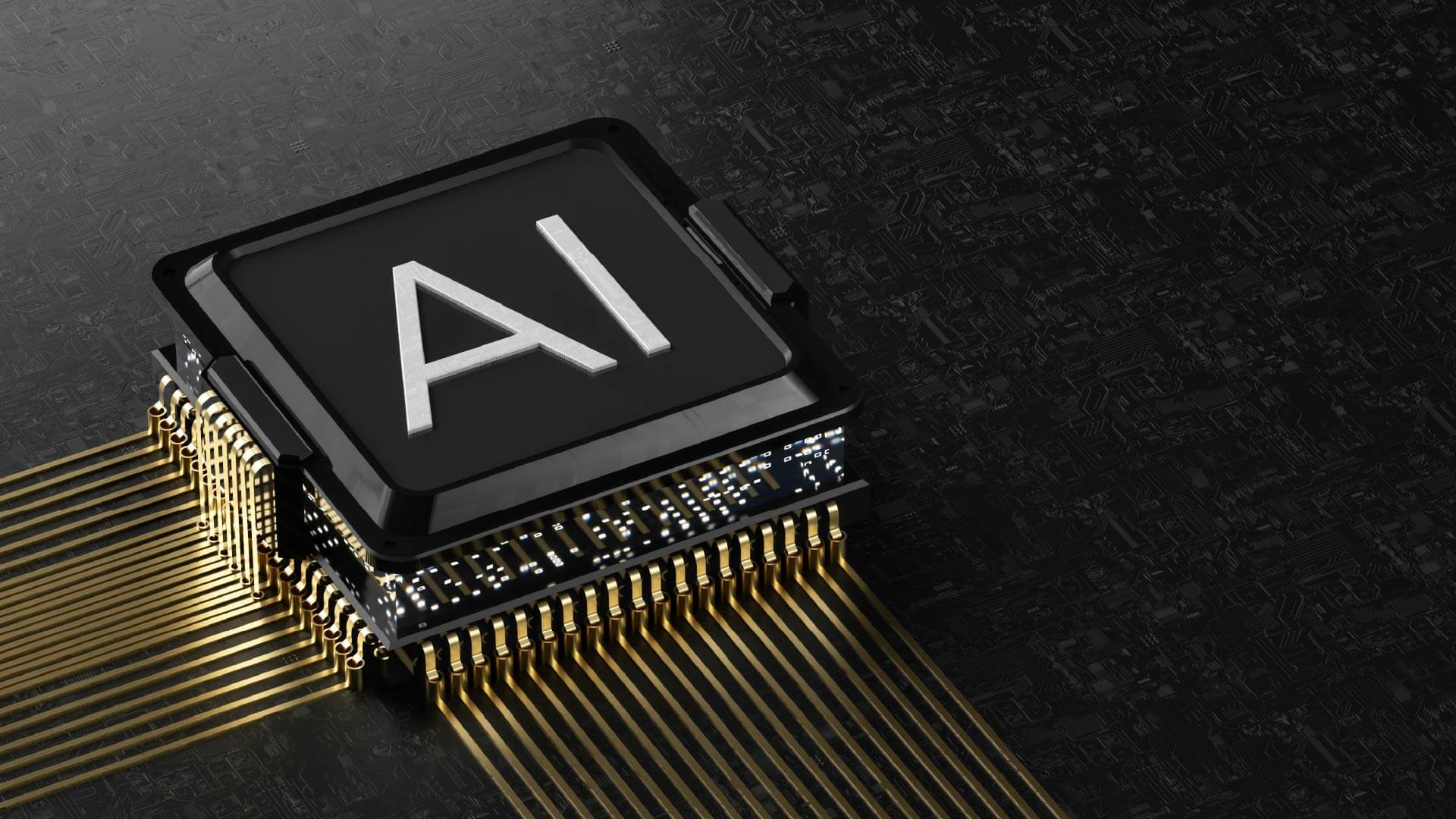Findings From The 2024 Tech Roadmap On Smart Factory Technologies
The 2024 Verdantix tech roadmap on smart factory technologies evaluates 25 new solutions, focusing on their maturity, business value and pace of innovation. This visual guide assists operations managers in identifying technologies that can enhance manufacturing processes and drive strategic planning.
Manufacturers face significant challenges; 65% of the 119 manufacturing respondents to our 2023 global corporate survey, for example, highlight the shortage of skilled workers as a significant or very significant challenge, leading to inefficiencies and knowledge loss. Additionally, there is pressure from the C-Suite to meet KPIs for decarbonization, safety, cost reduction and operational improvement. In response, manufacturing firms are increasing investments: 24% plan double-digit spending boosts on production optimization, 21% on safer operations, and 15% on the digital transformation of plant operations and maintenance. These strategies highlight the industry's commitment to overcoming obstacles and leveraging technology for future growth. Key insights from the tech roadmap illustrate how manufacturers are driving progress:
- Shifting towards cutting-edge AI technologies.
The adoption of generative AI (GenAI) and computer vision is transforming smart factories. GenAI copilots are set to revolutionize workplaces by automating complex tasks and providing real-time insights, effectively addressing skilled worker shortages and preserving valuable knowledge through accessible information. Simultaneously, computer vision is enhancing quality inspections by automating processes to reduce human error and maintain consistent standards.
- Recognizing the strategic role of data management and analytics.
Technologies like edge computing, industrial DataOps and predictive maintenance software are in growth phases due to their rising importance in the data-driven manufacturing landscape. Effective data management and analytics empower manufacturers to make informed decisions, optimize operations and predict maintenance needs, thereby reducing costs and increasing efficiency. As data becomes integral to optimizing manufacturing processes, these technologies will be essential for firms seeking to leverage data for a competitive advantage.
- Optimizing the enduring value of mature enterprise technologies.
Solutions like enterprise asset management (EAM) software and enterprise resource planning (ERP) systems remain indispensable, offering high business value and reliability in managing complex processes and ensuring seamless operations. The value of these established solutions is further enhanced by new business models and innovative technologies. Integrations with AI, cloud-based platforms and modular software architectures are transforming traditional enterprise software, making it more adaptable. This synergy between mature and emerging technologies enables manufacturers to optimize efficiency, reduce costs and drive sustainable growth.
- Increasing the adoption of robotics.
The Tech Roadmap highlights a trend towards advanced robotics in smart factories, especially collaborative robots (cobots) and autonomous mobile robots (AMRs). Cobots address skilled worker shortages by enhancing precision and efficiency through human-robot collaboration. AMRs solve material handling and logistics inefficiencies by optimizing workflows and reducing downtime. With AI and IoT integrations, these robots can perform complex tasks and adapt to dynamic environments. This integration helps manufacturers optimize production, reduce costs, improve safety and maintain a competitive edge, driving a new era of innovation and growth.
To learn more about the smart factory technology landscape, read Verdantix Tech Roadmap: Smart Factory Technologies (2024).
About The Author

Henry Kirkman
Industry Analyst





